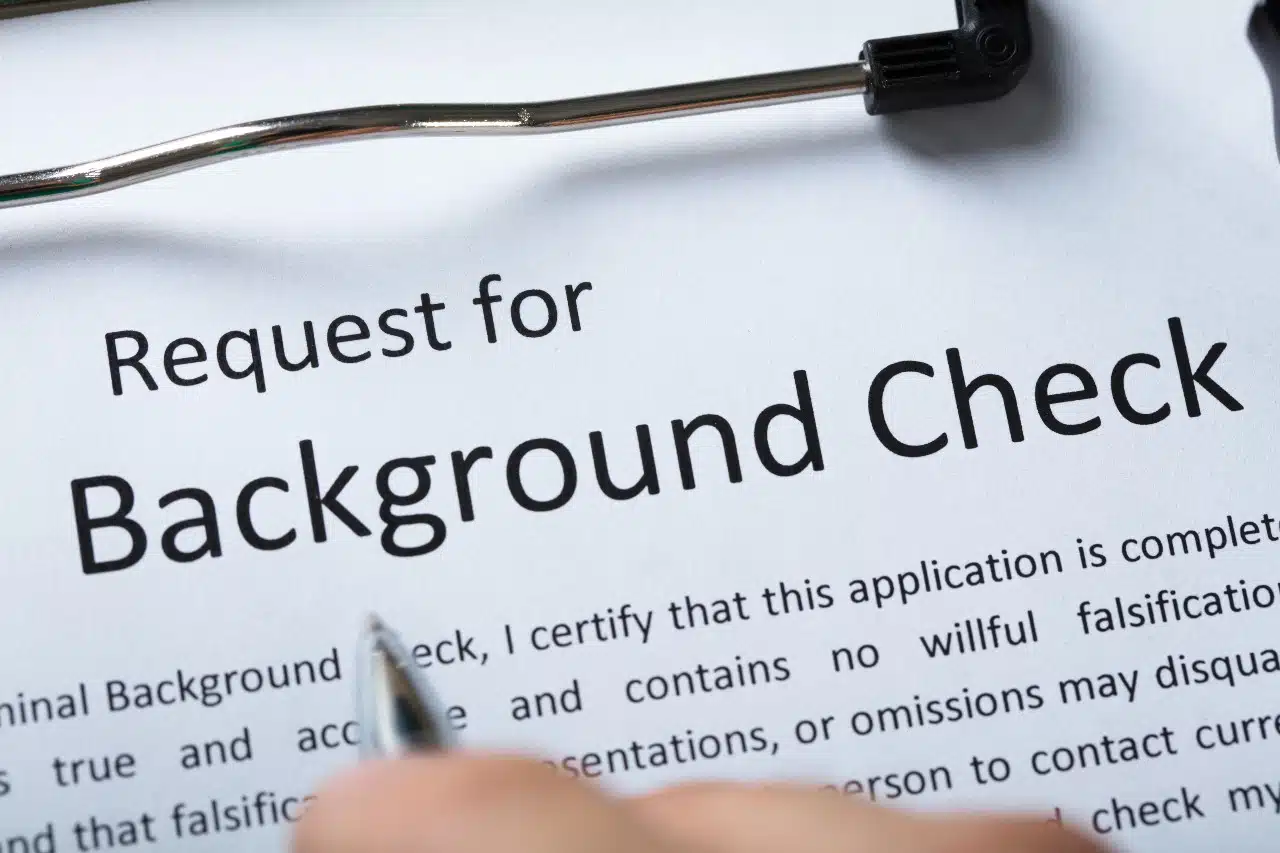The rules for paying hourly employees in California for on call work can be confusing, especially since they differ from federal regulations.
A common on call scenario might be this: A maintenance worker who works a regular day shift during the course of a 40-hour workweek, but the employee must be on-call during the evenings and weekends to respond to any issues at the facility that runs 24/7.
Such an employee is often required to respond to a call within 15 minutes, and if there is an emergency at the facility, they must report there immediately.
Some common questions in a scenario like this are:
- Should employees be compensated for the time spent carrying the cell phone or pager during on call times?
- If the employer gets called to the facility for an emergency, should there be a minimum amount paid to the employee?
Federal Definition of Hours Worked
Under the federal Fair Labor Standards Act (FLSA), hours worked include “(a) all time during which an employee is to be on duty or to be on the employer’s premises or at a prescribed workplace and (b) all time during which an employee is suffered or permitted to work,” in order to be entitled to pay.
California’s Definition of Hours Worked
The definition of hours worked under the California Division of Labor Standards Enforcement is different from the FLSA.
In order to be entitled to pay in the Golden State, a California worker is subject to “the control of the employer” or “all the time the employee is suffered or permitted to work.”
Work in either category must be counted as hours worked.
Standby or Waiting Time at Place of Employment
Under California and federal law, the worker must be compensated for waiting at the workplace, even during just waiting to respond to emergency calls.
The standby rate for work may be set at a different rate, but it must be set before the work is performed, and must be at least minimum wage, which is $9 per hour in California.
Uncontrolled Standby
If the standby time is not under the control of the employer, and the employee is free to spend his time as he or she chooses, this time does not need to be paid.
Controlled Standby
If the employer controls employee time so strictly that the employee cannot come and go as he or she pleases, or cannot pursue individual activities, the employee may be considered to be on controlled standby.
A California Supreme Court ruling helped to determine the amount of control the employee is under. The conditions considered for standby time include:
- Whether there are excessive geographical restrictions placed on the employee’s movement
- Whether the frequency of calls was duly restrictive
- Whether a fixed time limit for responding to calls was duly restrictive
- Whether employees could easily trade on-call responsibilities
- Whether an employee engaged in personal activities while on call
- Whether the on-call waiting time was spent primarily for the employer/business
The overall impact of the various conditions are considered together to determine how substantial the employer control is over the employee. This in turn will determine if the employee qualifies for compensation under controlled standby time.
Being required to carry a cell phone or pager is not enough to require that the employee be paid for the time the device is on.
Response and Reporting Time Compensation
Time responding to a call is eligible for compensation, including the time spent on the phone call or computer, and employees must keep accurate records of time spent. However, responding to calls that take a minute or two during the whole day do not have to be paid.
If an employee is required to report to the place of employment, California reporting time rules may apply. A summary of the reporting time pay rules state:
- Employees who report but spend less than half of their usual schedule working should be paid for half the day’s work. Depending on the situation, some may be paid at the regular rate, some may be paid at minimum wage.
- If an employee is called to report a second time but works less than two hours, he or she must be paid for two hours of work at regular pay.
There are some exceptions, such as public utility failure, natural disasters, when there are threats to employees or property, or when civil authorities deem work should not be continued.
On-Call Lawsuit Information
The rules for on-call laws can be very confusing. If you believe you have not been fairly compensated for on-call time, you may have a legal claim. Lawyers can assist you by explaining how the on-call labor laws apply to your unique situation.
Join a Free California Overtime, Wage & Hour Class Action Lawsuit Investigation
If you were forced to work off the clock or without overtime pay in California within the past 2 to 3 years, you have rights – and you don’t have to take on the company alone.
ATTORNEY ADVERTISING
Top Class Actions is a Proud Member of the American Bar Association
LEGAL INFORMATION IS NOT LEGAL ADVICE
Top Class Actions Legal Statement
©2008 – 2025 Top Class Actions® LLC
Various Trademarks held by their respective owners
This website is not intended for viewing or usage by European Union citizens.
















4 thoughts onOn-Call Work in California May Violate Wage and Hour Laws
What about limits on call? I work for a major hospital. We are placed on call 3-4x a week in addition to a 40 hr work week. When I’m call we are continuously utilized on site in over time and sometimes are dealing with emergencies for 12,16 even 22 HRs straight working because of on call status. Then we are expected to return back to our regular shift the next day. But they place us on call multiple times a week in addition to shifts and it has gotten out of control and no limits for on call hours. When I’m call we are working.
If an employee works 40 regular, hourly hours during the week and then is under uncontrolled on-call for 1+ hours on the weekend but we pay a stipend (regardless if any calls were taken//work was performed), are any hours worked considered “overtime”, or is the stipend (which is more than min. wage) sufficient?
I have question :
I am permanent employee with working schedule fixed bi-weekly. Suddenly the manager changed my schedule this Saturday to ON Call duty after I did not taking his order go to work in another location that I have not been or asking before on my day off was last Wednesday 7-26-.2017 and the order was placed on the end of the working dated 7-25-2017. The changing my schedule came just to day when I come back to work after my day off Wed.
If I taking the order ” how long I have to wait to exercise the order, if they call to late I have the right to refuse taking the order or they have to pay waiting time or full paid on my schedule already made,
Here at Top Class Actions, we report on class action lawsuits and settlements around the country to bring awareness to you, our viewers. We do not actually file any lawsuits as we are not attorneys, and therefore cannot offer legal advice. We recommend filling out the submission form, and being as detailed as possible. Attorneys review the submissions and will contact you directly if you qualify.